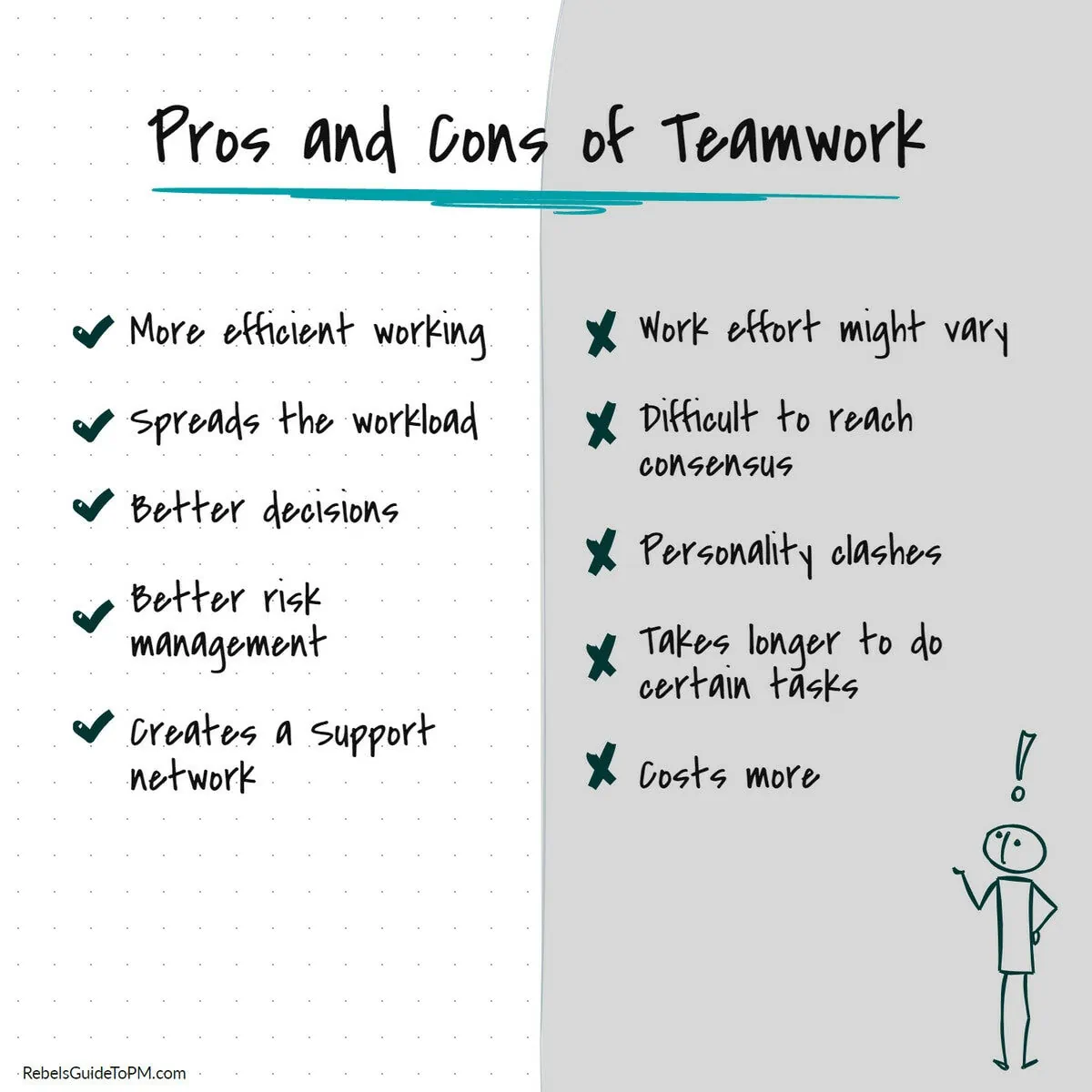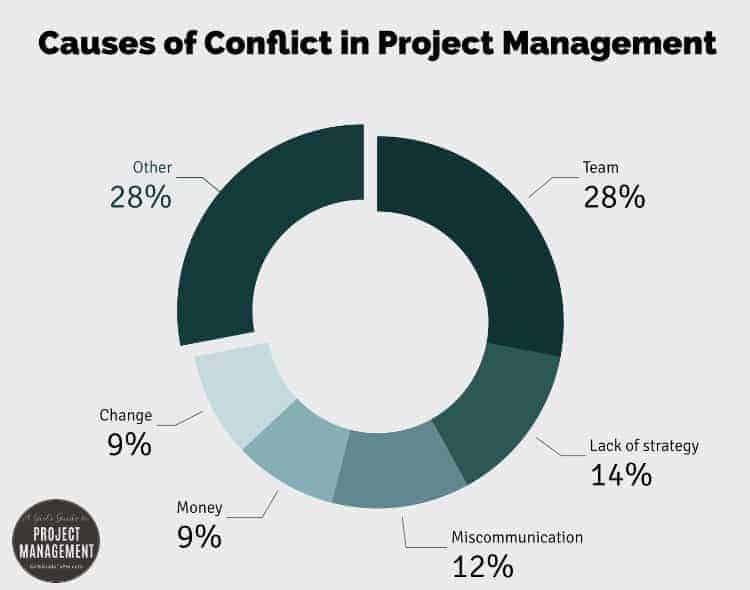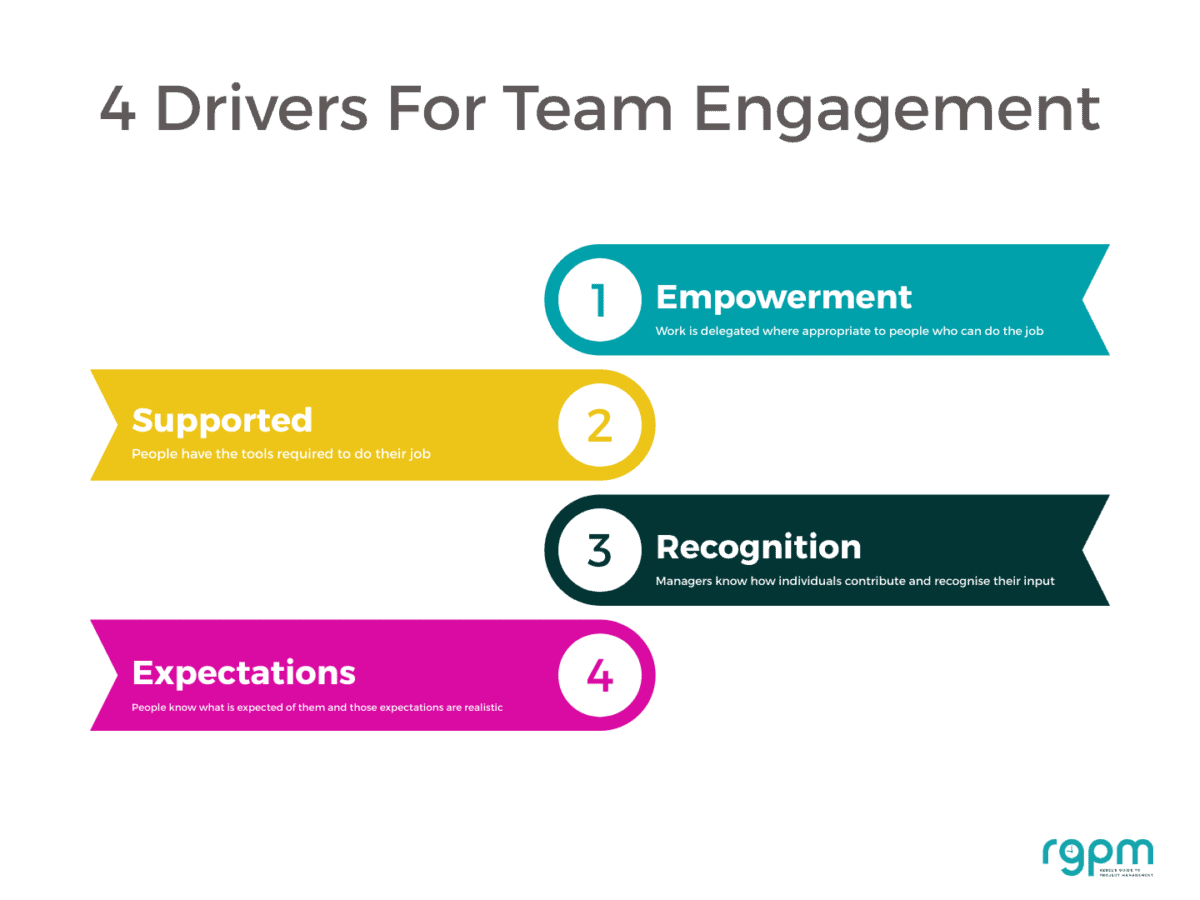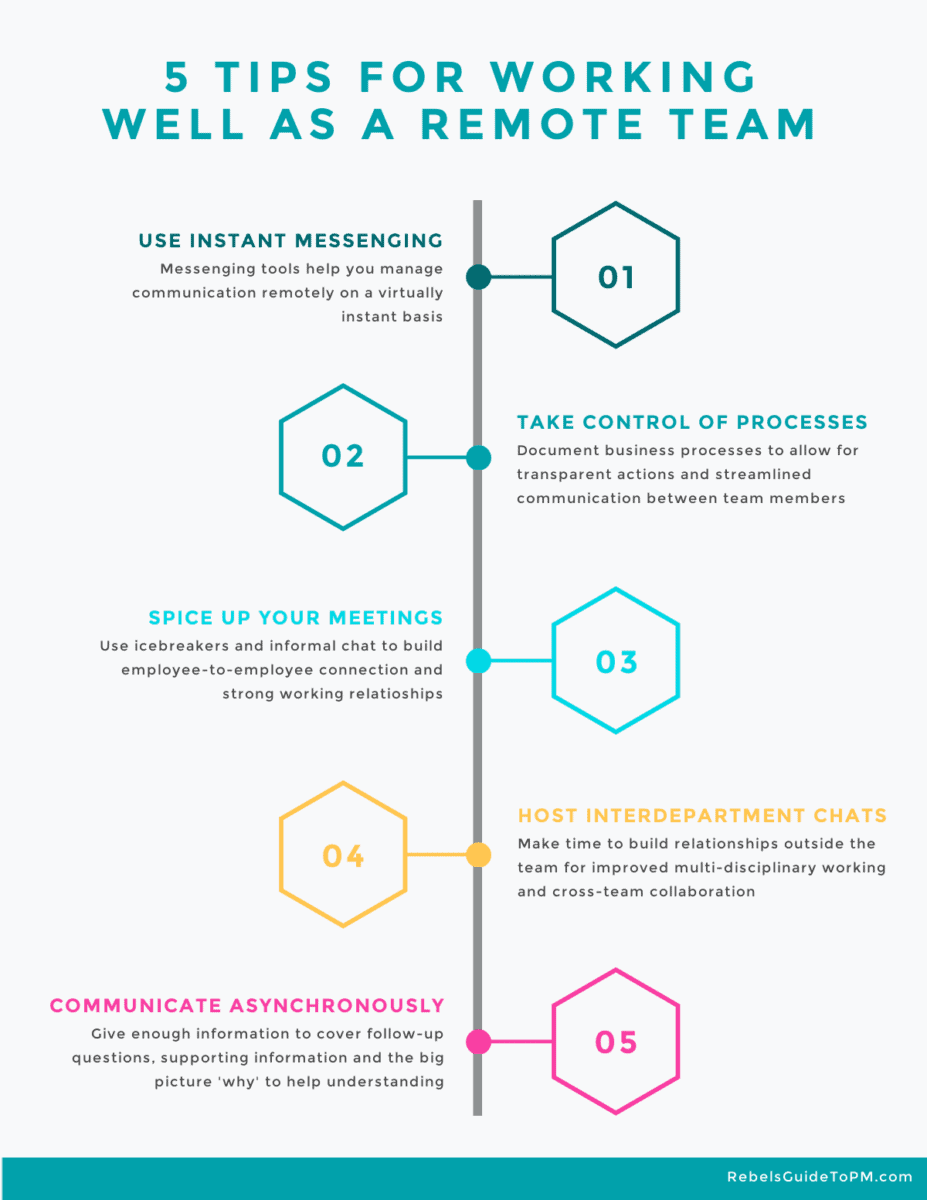10 Reasons Why Teamwork Matters in Project Management
This blog is reader-supported. When you purchase something through an affiliate link on this site, I may earn some coffee money. Thanks! Learn more.
We know instinctively that it’s worth working together to get projects done. But when you have to convince others of the benefits of working together… well, it’s not always easy.
Here are some clear and compelling reasons why it’s important to collaborate on projects. Teamwork makes the dream work isn’t just a corny saying!
What is teamwork?
Here’s a definition:
Teamwork: the act of bringing several individuals together in order to efficiently and effectively complete a project.
Project managers know that cooperation boosts productivity on projects and is beneficial in a team environment.
Teamwork is an enabler for the smooth running of projects. It brings people together to achieve a common goal. It speeds up reaching targets and helps project professionals overcome obstacles.
Teamwork ensures that resources are well-managed and less time is needed to complete a project. Good teamwork can contribute to economizing, more successful project outcomes and ultimately higher profits. It also adds to the quality and individuality of projects.
And if that wasn’t enough, here are 10 reasons why teamwork is vital to effective project management.

1. Teamwork promotes creativity
When people work together, you’re creating a better environment for creativity. That happens naturally when there is a lot of brainstorming and sharing innovative ideas.
With the entire team contributing unique ideas, you can acquire more effective strategies for completing the project. Your team members have a lot of shared knowledge between them: use it.
Read next: 5 Ways to Boost Your Team’s Creativity
2. Teamwork encourages risk-taking
Working as a team encourages risk-taking. When you shoulder the responsibility yourself, you may be inclined to take fewer risks because the personal and professional consequences of failure.
In a team, you have support from other members in case things fall apart.
Remember, as a professional project manager, good risk management can help you mitigate the risks you take on a project by helping you assess the impact before you go ahead with a particular course of action.
Teamwork skills mean you can manage risks between you, playing to people’s strengths and coming up with different risk management strategies — perhaps those you wouldn’t be able to implement alone.
Additionally, risk identification is easier as there are more perspectives to draw from. Everyone understands risks to the project through their own experience, so your colleagues will probably highlight risks that you haven’t thought of.
3. Teamwork helps improve conflict management
A team is made up of unique individuals. This diversity helps in project success but can also lead to disputes.
In some research that Elizabeth Harrin carried out, 28% of project managers said that the team itself was a cause of conflict.
Project managers and team leaders should step in to resolve the conflicts, and in most cases, they need not involve the organization management. You can build your skills in conflict resolution in this way, and help others in the team to do the same.
A successful team doesn’t avoid conflict. Instead, it embraces the challenge and works through it because that normally ends up with a better result for the project.

4. Teamwork builds trust
Teamwork requires a healthy relationship that can only be built through trust. Trust is built by relying on each other.
Read next: 5 Ways to Increase Trust in Teams
Through trust, members feel free to share ideas. You can create a trusting environment in the team that gives them the space to support and encourage each other. An open relationship is built, leading to high productivity.
Trust also increases your confidence in your own abilities as the project manager and helps you build personal credibility.
5. Teamwork brings together diverse strengths
Teamwork brings together complementary strengths. You may be good at planning and another team member might be talented in coordinating and creative thinking.
Have you done an MBTI assessment with your team or looked at Belbin’s team roles? These would be great tools to give you an insight into the diverse strengths of the people you work with.
When you bring various strengths together – and use them – this can lead to more successful project outcomes and fresh ideas. Each member brings their talents to the table.
A diverse team can also hit more conflict than teams that think the same — but that’s a good thing. Diversity of opinions means that you’ll hear different views and uncover more things that ultimately can only be opportunities for the project.

6. Teamwork increases accountability
There are days when you don’t feel like giving it your all when working alone.
Working on a project as a team helps you feel more accountable. It’s the informal peer pressure; the feeling that you don’t want to let your colleagues down.
When you are working with people you respect, you don’t want to disappoint them. This goes for all your project stakeholders, not just people on the direct project team.
7. Teamwork increases project momentum
It’s not a surprise that teamwork speeds everything up on a project. You simply couldn’t get through the amount of work that is required if you were working by yourself. Plus, you wouldn’t have the skills.
When you have the right people on the team, you can fly. Deadlines that seem insurmountable are suddenly achievable with the right people, and the right attitudes.
When you work together, you can take advantage of those time savings to do things right, and to invest time in activities that also help grow your career, like professional development.
Or you could finish the project faster!
8. Teamwork helps get feedback
When working on a project, you need to get feedback on your progress to know whether you are moving in the right direction. You do this through regular team meetings, conversations with key stakeholders, and your Project Board meetings.
When you work as a team, it’s easier to get informal feedback day to day, and to stay more closely connected with the project’s customers. There are more of you, so it’s easier to listen to a broader group.
As the project manager, ask your team to be on the alert for formal and informal feedback from each other and your clients or customers. Then share with everyone on the team so you can act on it.
9. Teamwork leads to finding solutions to complex problems
There are complex problems that are encountered in the progress of a project. You can’t resolve issues alone – but you can with the wisdom of your team.
Involve your subject matter experts. Working together as a group leads to the generation of new ideas. Someone might come up with the perfect idea to address the issue you face.
Even if you don’t have the answer within your team, your colleagues may have connections to people who could help. You’ll be able to use everyone’s extended networks in the company and beyond to help resolve issues or get information.
9. Teamwork makes everyone feel valued
Teamwork brings different skills to work together on a particular project. Everyone has something that they can contribute – some useful ability.
Find out what people are good at if you don’t know. Then play to their strengths. Delegate work to people who love doing those tasks.
Surround yourself with people who complement your personal strengths so that you have all the skill and knowledge bases covered.
Making people feel valued is especially important in virtual teams where the team members are working independently and remotely.
Communication between team members is one of the easiest ways to make everyone feel valued, and project management tools can help remote teams feel more connected to each other.

10. Teamwork builds leadership skills
It’s common to think that in every teamwork there must be a team leader who ensures that project tasks run smoothly. However, you’ll find that in cooperatives, and self-organizing agile teams, the role of “leader” is less clearly defined.
In some cases, you’ll encounter teams where they deliberately shy away from appointing someone in the role of leader.
Everyone can build and use leadership skills in a team environment. You don’t have to be the person nominally in charge to step up and demonstrate leadership.
You can lead both as a project manager and someone in the project team. Lead your area. Lead your tasks. Provide leadership support to your colleagues when they need you to step up.
Today, leadership is considered far more flexible a skill, and required by so many more job roles.
We say that understanding teamwork is one of the best things that can happen to you as a project manager. If you are working on a project and you want to get it done quickly and effectively, knowing how to get the best out of your team is going to get you there.
Your next steps
If you want to improve the feeling of job satisfaction and help the team work more successfully together, try this:
Create a team charter. Discuss what’s important and hold people accountable for sticking to it.
Check in with your online collaboration tools. Are they really giving you the results you need? Are people using them effectively?
Look into
For this last point, tools like Butter have fun exercises built in to meeting agendas to make your retros and project status meetings more fun with less effort.
Check out what options you have for virtual and in-person improvements you can make to team meetings, and see whether people think teamwork matters in a few months time!
Pin for later reading:

